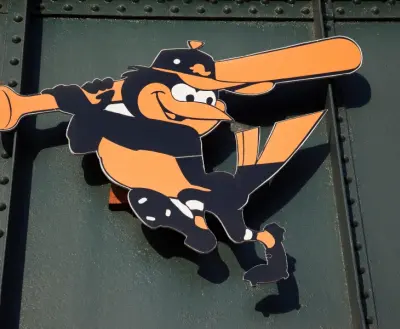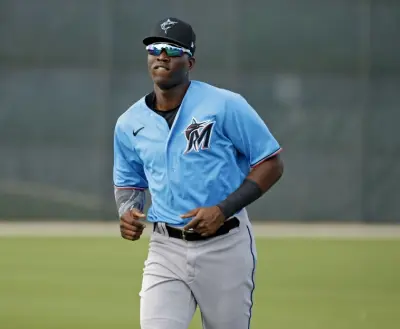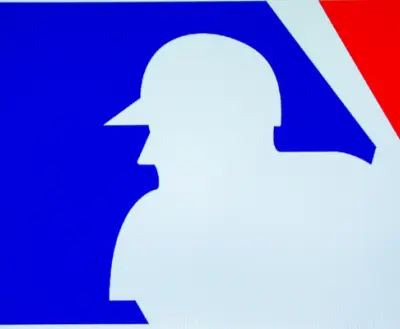There are many incredible players in the MLB Hall of Fame, many of whom are household names. However, other important people from the world of MLB have been nominated for a place because of their overall contribution to the game.
Below we’ve selected three individuals who all earned their place in the Hall of Fame in different ways.
Earl Weaver: Manager
Born in 1930, Earl Weaver had a fairly unremarkable career as a player, reaching the minor leagues as a second baseman but never progressing any further. In 1956 he was given the chance to try management in the South Atlantic League, and he finally found his true talent.
Weaver went on to manage the Baltimore Orioles from 1968 to 1992, winning three pennants with the team and leaving a career winning percentage of .583. At the time he retired, he was sixth out of all managers in MLB history who had more than 1000 wins.
But Weaver was about far more than just a record; it was his demeanour that made him stand out too. Tough on umpires but scrupulously fair, he insisted that no one took anything personally. He wasn't soft on his players, but he did a great job of keeping them all happy, a much harder feat than it sounds!
Weaver was inducted into the Hall of Fame in 1996 and died in January 2013.
Happy Chandler: Executive
Albert Benjamin "Happy" Chandler only served a single six-year term as Commissioner, but his influence was so significant that he was voted into the Hall of Fame. Coming from a political background and previously serving as the governor of Kentucky and a US Senator, Happy Chandler took over as commissioner in 1945.
He faced a huge challenge the following year when the rival Mexican League was set up, but having weathered that storm; he went on to tackle the issue of racism in the sport.
Jackie Robinson was the first black baseball player in the MLB, signing for Brooklyn Dodgers. Chandler made it clear that Robinson and the Dodgers had his full support, threatening to take action to anyone who protested or used racist language. Ben Chapman, the Phillies manager, and St Louis Cardinals players all felt Chandler’s wrath due to their opposition to Robinson.
Don Newcombe, the first black pitcher to play in a World Series, was quick to praise Chandler for the support he offered to him, Robinson and Roy Campanella at a time when it "wasn't fashionable" to believe in equality or black rights.
Aside from his strong stance on discrimination, Chandler was also responsible for implementing massive changes, such as the creation of the pension fund, which is still used by players today.
Cal Hubbard: Umpire
Cal Hubbard has the honour of appearing in both the Pro Football and the MLB Halls of Fame, the former as a player and the latter as an umpire. Hubbard is credited for pioneering the modern linebacker position and won four championships with the Green Bay Packers and New York Giants in the NFL.
Standing 6"3 tall and weighing 250 pounds, Hubbard was a large and intimidating man, qualities which were useful on the football pitch and then later as an umpire. In 1936, he saw a fellow player's leg get snapped, which was the pivotal moment. He decided that he was no longer playing NFL and moved to the MLB to umpire, having previously umpired the minor leagues during the football off-season.
Renowned for having extraordinary vision that enabled him to make tight calls with unerring accuracy, Hubbard was loved by players and managers alike. His knowledge of the rulebook was unparalleled, and despite his size, he never bullied players on the field, but he was never intimidated. During his MLB career, he was selected to umpire three All-Star Games and four World Series, an impressive feat.
After an injury to his eye meant he was unable to continue umpiring, he became an umpire supervisor, a position he held for 17 years. His impact on the game during this tenure was outstanding and included defining field positions as well as helping Emmett Ashford to become the first black umpire in the MLB.






